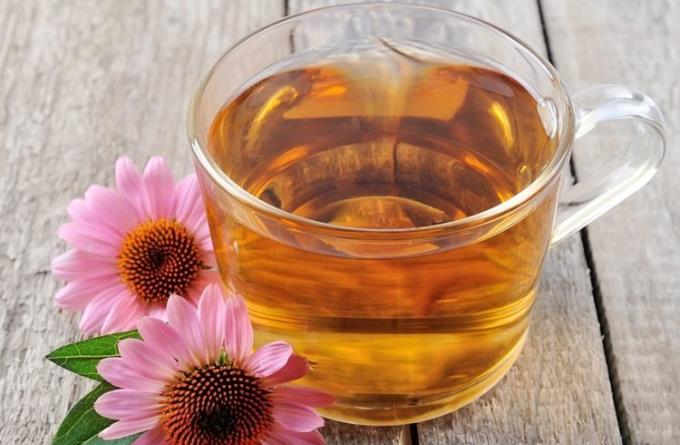No matter how much tea you like to drink, you should be careful because sometimes there are teas that decrease fertility without your knowledge.
Herbal teas are often very healthy. However, if not carefully used, there are types that can lead to undesirable side effects. Did you know some herbal teas have the ability to reduce female fertility, more seriously, lead to infertility?
1. Wormwood Tea (Mugwort)
Wormwood is an herb that works to prevent contractions and improve digestion. However, if you drink too much, it can lead to infertility. Wormwood can cause the uterus to shrink or decrease in size, causing infertility in women. This is one of the side effects that you should be aware of when drinking wormwood tea. Avoid drinking this tea if you are of reproductive age. In addition, during pregnancy you should not use wormwood tea because it can have miscarriage and some other dangerous complications.
2. Wild chamomile tea (Echinacea)

Chamomile is an herb that is used to treat a number of ailments. This herb works to boost the immune system and treat colds. However, if you want to be a mother, it's best to stay away from this tea as it can increase your risk of infertility. Chamomile has the ability to disrupt the balance of hormones in the body, making it difficult to conceive. If the body doesn't produce enough of the necessary hormones it can cause fertility problems, most seriously leading to infertility.
3. Ginkgo biloba tea
Ginkgo is the oldest living plant. Its leaves are used to make tea. Ginkgo tea is very healthy because it has high antioxidant properties. This herb helps improve brain function, treat depression ...
However, it's good, but it has one side effect that you need to keep in mind is the potential for female infertility. Ginkgo biloba extract can affect hormone levels in the body, disrupt the ovulation process, and lead to the inability to conceive. Not only women but also men can become infertile if they drink this tea a lot because it affects the quantity and quality of the sperm.
4. Mint tea (Pennyroyal)
Since ancient times, the Greeks and Romans have used this herb to prevent pregnancy. Peppermint tea can cause infertility in women. You should not take this herb if you want to become pregnant. In addition, if you regularly drink peppermint tea can also bring dangerous side effects such as premature birth or even miscarriage. In addition, this herb also causes nausea, vomiting, blood clotting and liver damage. This herbal tea is very dangerous for health.
5. Rosemary Tea
Rosemary tea is a very good remedy for treating many ailments. This tea is great for digestion, helping to treat conditions like heartburn, headaches and blood pressure. However, rosemary tea is harmful for women who are trying to become pregnant or already pregnant. Many health experts believe that this herb can contract the uterus, causing miscarriage. In addition, tea also makes the egg unable to fertilize, causing infertility. Women of reproductive age drinking too much rosemary tea are dangerous. Therefore, it is best to avoid this tea.
Herbal tea is very healthy because it contains many vitamins, minerals and antioxidants that help treat many diseases. However, even so, there are some teas that still have dangerous side effects, damaging the fertility of women. Therefore, before drinking any herbal tea, you need to learn carefully.












